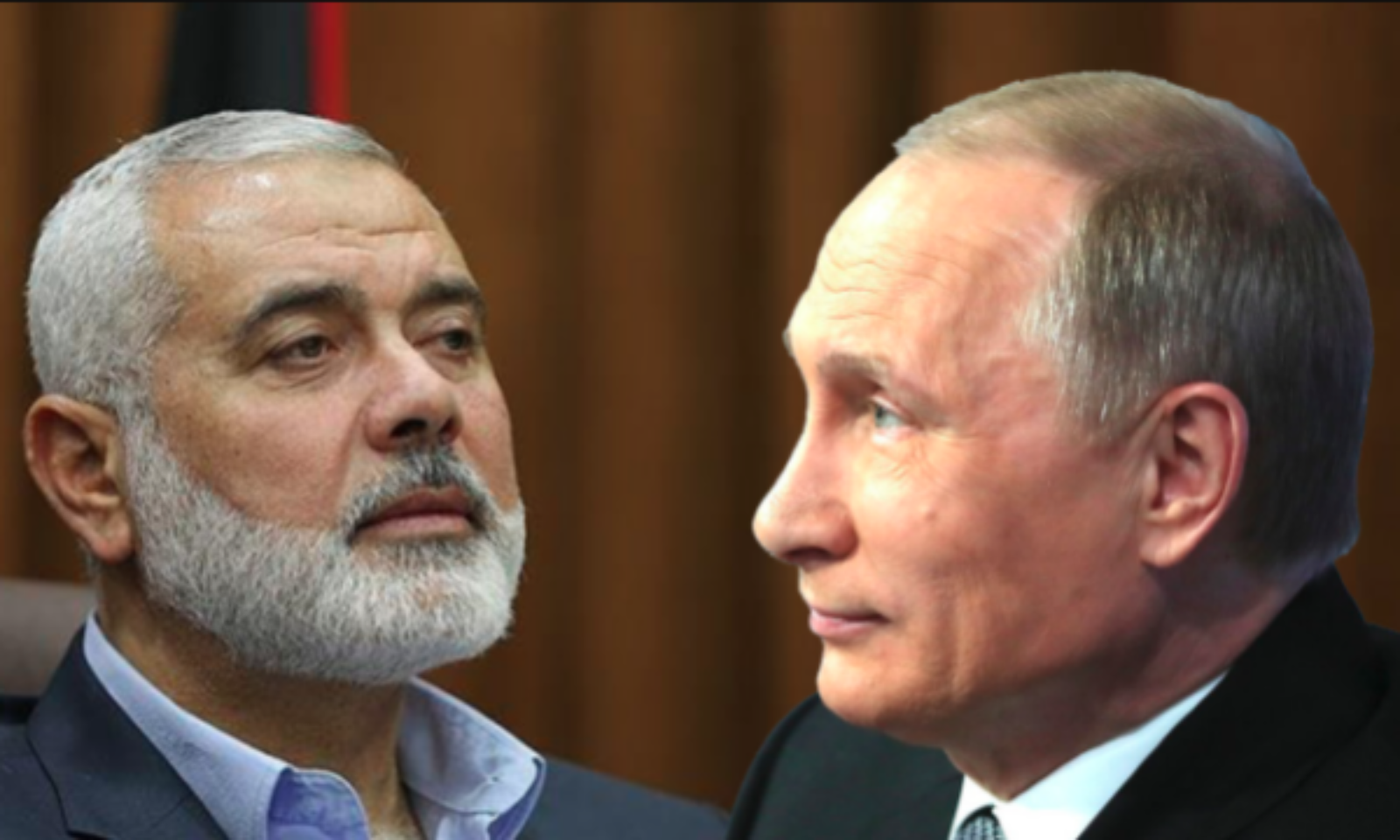Russia has expressed its concern over the escalating tensions in the Middle East, particularly after the killing of Hamas leader Ismail Haniyeh in Tehran. According to Andrei Nastasin, the deputy spokesman for the Russian foreign ministry, the region is currently teetering on the edge of a global conflict. This statement underscores the gravity of the situation and the potential for widespread conflict in the region.
Furthermore, Russia has accused the United States of having a “maniacal desire” to monopolize the political resolution process in the Middle East, which has contributed to the current situation. This accusation sheds light on the geopolitical dynamics at play and the role of major global powers in exacerbating the tensions in the region. The involvement of the United States in the region’s affairs has been a contentious issue, and Russia’s statement reflects its concerns about the impact of such involvement on the stability of the Middle East.
In addition, Iran’s Supreme Leader, Ayatollah Ali Khamenei, has attributed the killing of Ismail Haniyeh to Tehran, emphasizing that it is Iran’s responsibility to avenge the assassination. This assertion underscores the complex web of alliances and rivalries in the Middle East, with Iran positioning itself as a key player in the region’s affairs. The absence of a comment from Israel on Haniyeh’s killing, coupled with Hamas’ accusation against Israel, further complicates the situation and raises concerns about the potential for further escalation of hostilities in the region.







